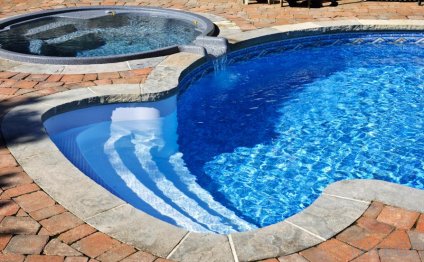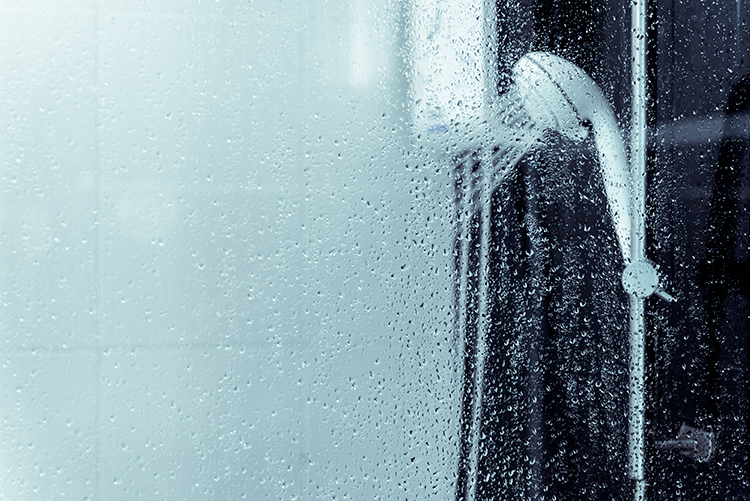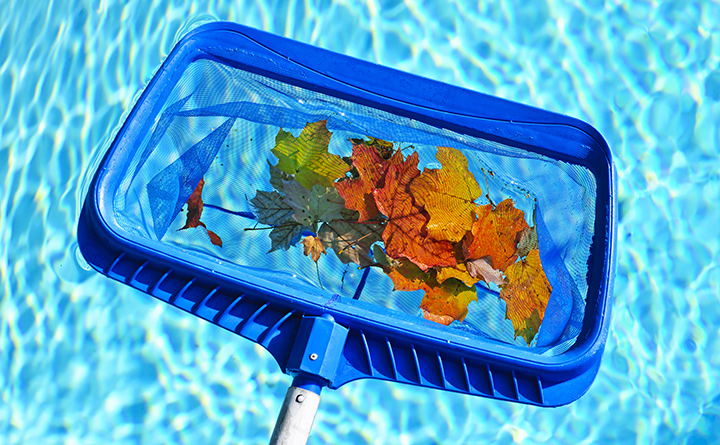
Chlorine Swimming pool
- chemical substances in chlorinated private pools could cause symptoms of asthma, breathing dilemmas and even disease.
- you can find alternatives to chlorine and means of making use of less of it.
- You can do your component to greatly help if you take a shower before you swim.
Swimming in a chlorinated share may raise your risk of developing a cancer, advise a fresh suite of researches, which identified above 100 substance byproducts in pools which use chlorine as a disinfectant.
The task is too preliminary to declare that men and women should stop cycling, stated Manolis Kogevinas, an epidemiologist at the Center for Research in Environmental Epidemiology in Barcelona. The studies had been little, in addition they discovered a growth in blood markers which were associated with cancer - not a rise in cancer itself.
However, Kogevinas said, the results declare that people want to work more difficult to reduce every person's contact with chlorine.
"men and women should not be scared of swimming, but we have to get more research on whether you will find better methods for disinfecting pools, " Kogevinas stated. "It's all a matter of costs and benefits."
Chlorine is actually great at killing microbes in private pools. Over the years, however, researchers became concerned about its likely health impacts. In water, chlorine responds with sweat, urine, skin cells and other organic materials to create all kinds of substance byproducts. In pet researches, several of those chemical compounds being associated with symptoms of asthma and kidney cancer.
In a new study - certainly one of three simply published in Environmental wellness Perspectives - chemists for the first time analyzed exactly what was at chlorinated liquid from a community swimming pool in Barcelona. They identified above 100 substance byproducts into the liquid. Numerous were toxic. Some had never been present in swimming pools or perhaps in chlorine-treated drinking tap water.
The various other two scientific studies, 50 healthy adults swam laps for 40 minutes. The researchers measured levels of numerous substances into the blood, urine and breaths of swimmers, both before they got in the share and after they surfaced. Each measurement looked at a marker, or indication of the thing that was happening in the torso.
The experts anticipated to discover some sign of breathing distress. Previous studies have shown greater rates of asthma in lifeguards and competitive swimmers, also greater rates of attention, nostrils and throat irritation in pool employees.
RELATED VIDEO



Share this Post
Related posts
Electric Showers
If you know how it feels to put up with the odd shower that does not hold a stable temperature and makes you slouch miserably…
Read MorePool Maintenance Tips
Pretty soon swimming pool holders will face the annual problem: opening a backyard swimming pool for the summer period. The…
Read More















